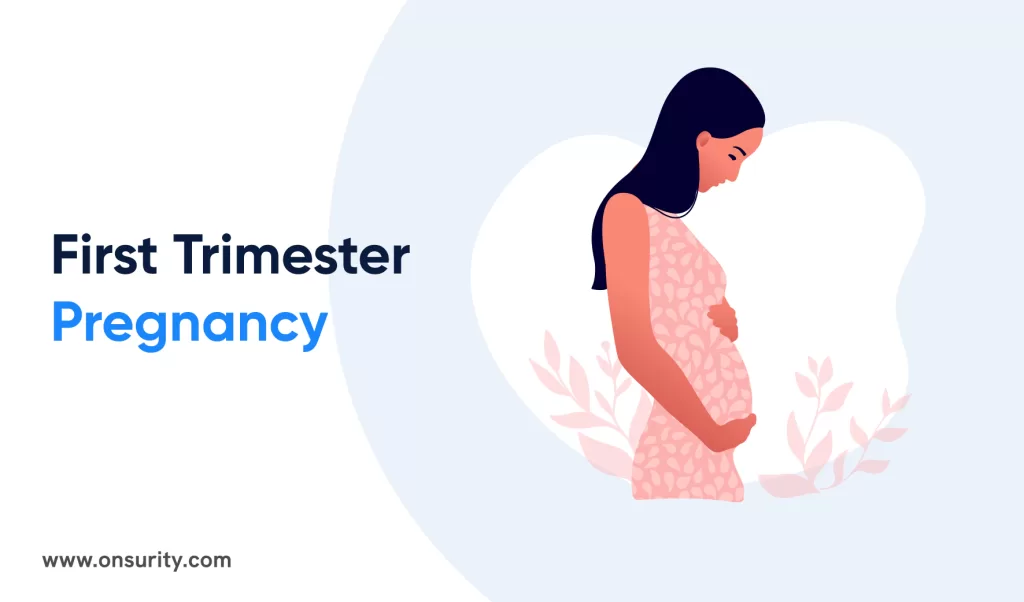A pregnancy is divided into trimesters: The first trimester begins on the first day of your last period and lasts until the end of week 12. the second trimester is from week 13 to the end of week 26. Reaching week 27 of your pregnancy means you’re now in the third and final trimester. While this trimester could end at week 40, in reality it ends whenever your baby is born.
Significance of the first trimester–
The first trimester is the most crucial to your baby’s development. During this period, your baby’s body structure and organ systems develop. Most miscarriages and birth defects occur during this period.
The first sign of pregnancy-
While your first sign of pregnancy might have been a missed period, you can expect several other physical changes in the coming weeks, including:
- Tender, swollen breasts.
- Nausea with or without vomiting.
- Increased urination.
- Fatigue.
- Food cravings and aversions.
- Heartburn.
- Constipation.
Take care of yourself-
The list of dos and don’ts in the first trimester of pregnancy might, at first glance, seem a bit intimidating. But don’t let it scare you! Most of these can be summed with one simple sentence: Take care of yourself. Be sure to eat healthful foods, drink lots of water, and get enough sleep.
Exercise during pregnancy-
- At your first prenatal care checkup, ask your health care provider whether exercise during pregnancy is safe for you.
- Healthy pregnant women need at least 2½ hours of aerobic activity, such as walking or swimming, each week.
- Regular physical activity can help reduce your risk of pregnancy complications and ease pregnancy discomforts, such as back pain.
- Some activities, such as basketball, hot yoga, downhill skiing, horseback riding and scuba diving, aren’t safe during pregnancy.
- Best Pregnancy Exercises for First Trimester are Swimming, Walking, Yoga & relaxation exercises, Pilates, Stationary Bicycling.

